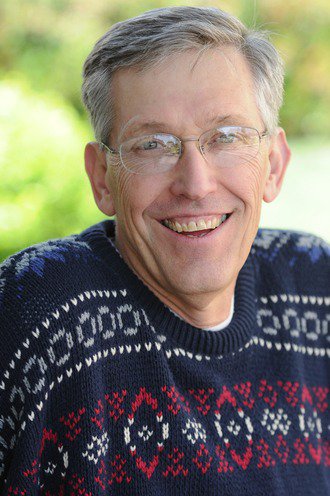PASADENA, Calif.-The Department of Defense (DoD) has named H. Jeff Kimble, William L. Valentine Professor and professor of physics at the California Institute of Technology (Caltech), one of 11 university faculty scientists and engineers in its 2010 class of National Security Science and Engineering Faculty Fellows (NSSEFF).
Up to $4.2 million of direct research support will be given to each NSSEFF fellow for up to five years to conduct unclassified research on topics of interest to the DoD. The grants are intended to engage the next generation of outstanding scientists and engineers in exploring the most challenging technical issues facing the DoD.
"These distinguished researchers have a demonstrated record of success in fields of strategic importance to the DoD. Their NSSEFF work will not only contribute to preparing the DoD and the nation for an uncertain future, but will also develop the necessary high quality science, technology, engineering, and mathematics talent that will be essential to the department's continued success," says the DoD's Zachary J. Lemnios, director of Defense Research and Engineering.
The fellows conduct basic research in core science and engineering disciplines that are expected to underpin future DoD technology development. Kimble's research proposal will be carried out by graduate students and postdoctoral associates in his Quantum Optics Group at Caltech. The research will build on the foundation of an existing advanced laboratory infrastructure for the manipulation of single atoms and photons.
"The receipt of the NSSEFF award is wonderful news for my research group," says Kimble. "In a time of increasingly proscriptive funding of basic research, this grant will enable exciting new opportunities for achieving strong interactions between single atoms, photons, and phonons."
Kimble's research program will attempt to harness strong interactions between light and matter to implement complex quantum networks and thereby to investigate qualitatively new phenomena in quantum information science.
More than 800 nomination letters from academic institutions led to the selection of the 21 NSSEFF semifinalists and the final 11 fellows.
 Credit: Bob Paz
Credit: Bob Paz
 Credit: Bob Paz
Credit: Bob Paz
 Credit: Bob Paz
Credit: Bob Paz
 Credit: Bob Paz
Credit: Bob Paz
